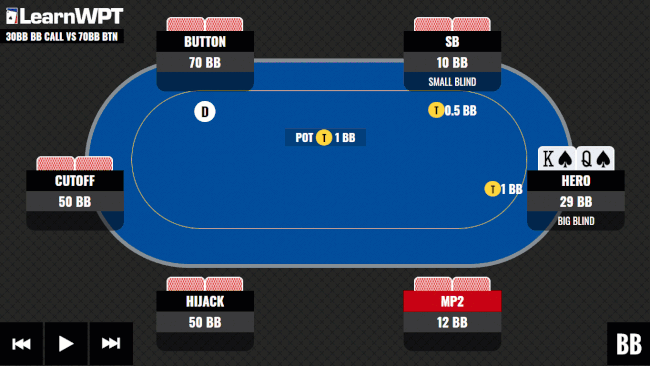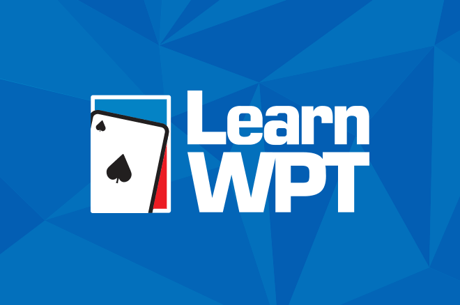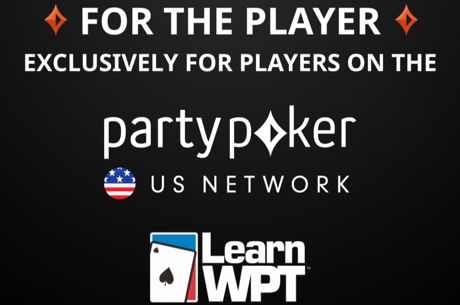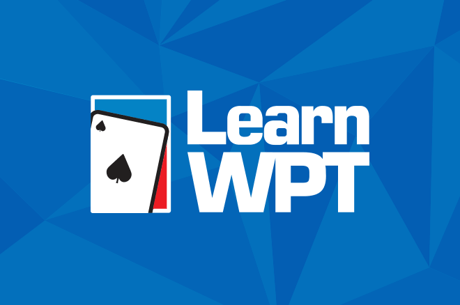WPT GTO Trainer Hands of the Week: Facing The Chip Leader

This week you��re playing at a major final table where you are defending the Big Blind as a medium stack against the chip leader at the table.
Due to the presence of the 2 shorter stacks at the table and pay jumps, there is significant pressure on you in this spot. You are highly incentivized to avoid getting stacked while the 2 shorter stacks are still alive at this final table, since they are far more likely to bust out before you. This pressure is often called ��ICM�� pressure, named for the Independent Chip Model method of assigning real dollar values to chip stacks in tournaments.
The chip leader on the Button can open raise preflop with a much wider range than normal because of this pressure you are facing. Your defense range in the Big Blind is narrower than it would be if there were no pay jumps. This final table spot significantly changes both your preflop and postflop play.
Like most Big Blind defense scenarios, you typically start by checking to the raiser. Your play will often continue to be passive against the chip leader in many spots in an attempt to play smaller pots.
With weaker draws such as gutshots, you can often call a small c-bet on the flop. Even though you are typically playing passively against the chip leader, you can still bluff some of the time when your draws miss and your opponent��s range does not connect well with the board. This is especially true if you hold blockers to big hands.
When facing large c-bets from your opponent, don��t be afraid to fold some hands you would continue with against a smaller bet, such as gutshots with overcards. You will occasionally check-raise bluff against the bigger sizing when you hold blockers to strong hands.
With big made hands, you should often still take a bluff-catching passive line against your opponent. This provides balance to you passive lines so you don��t just hold weaker hands and also allows your opponent to bluff into your strong hands. When facing very aggressive opponents attempting to exert maximum ICM pressure on shorter stacks, taking passive lines with your strong hands is often the most profitable strategy.
To see more examples and test your skills, you can play through five free solved hands from this scenario.
To access the free five hands, visit this page.
Regular play on the WPT GTO Trainer will help you adjust your decisions closer and closer to GTO strategy.
You don��t have to be the world��s best player to use GTO Strategy, and thanks to the WPT GTO Trainer, now you don��t have to buy expensive software or have expert level knowledge to study GTO.
Why use the WPT GTO Trainer?
The WPT GTO Trainer lets you play real solved hands against a perfect opponent in a wide variety of postflop scenarios for cash game and tournament play.
If your goal is to be a tough poker player then you should try the WPT GTO Trainer today.
Register a free account here (it only takes your e-mail address to begin) to play hands and see true GTO strategy in real-time.
The WPT GTO Trainer has over 4 billion unique solved flops, turns and rivers that are fully playable.
As you make decisions in a hand, you receive instant feedback on the specific EV loss (if any) and Played Percentage for every action you take as compared to GTO strategy.
The full selection of scenarios for the WPT GTO Trainer are only available to members of LearnWPT, however we��re giving PokerNews Readers free access to the Trainer on a regular basis with the WPT GTO Hands of The Week.
Use this series of articles to practice the strategies you learn on LearnWPT (or at the table) and test your progress by playing a five-hand sample each week.









